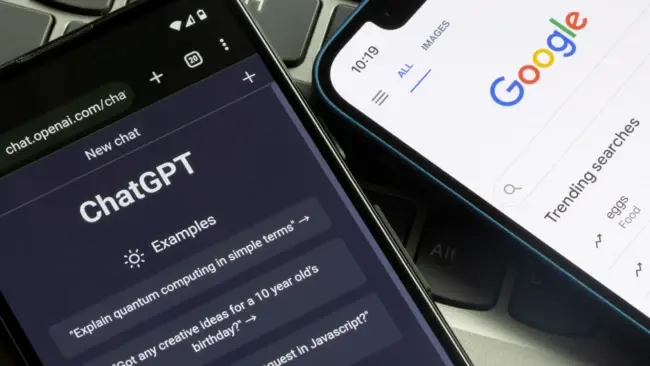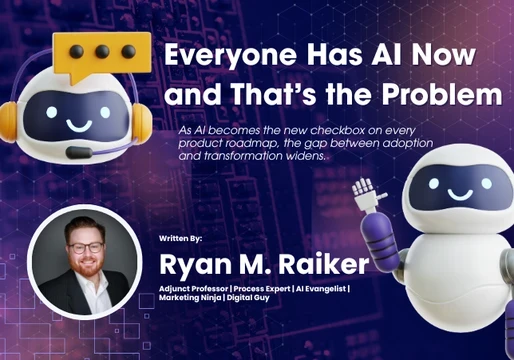In its ‘Live from Paris Event’ Google revealed its new AI chatbot "Bard", which it plans to integrate into search in response to the huge success of Microsoft-backed ChatGPT.
The search giant said the AI tool was “re-imagining how people search for, explore and interact with information,” with a “new era of search,” that integrates generative AI technologies and conversational systems into multiple Google applications.
Bard, along with multi-search features powered by Google Lens, will be implemented into search to create more direct responses to search queries in multiple different languages and formats, Google revealed at the event.
The generative AI bot will be released on a smaller model of Google’s language model LaMDA, but will later make use of a more advanced model called LaMDA 2 to produce more accurate and human-like responses to search queries.
Google said these responses would be created using generative AI similar to ChatGPT, but assured that it would make sure these responses do not impact traffic on websites, which has been one of the biggest concerns since the rise of AI-wired search technologies.
Bard is currently only open to trusted testers but could be released to the public in a matter of months according to CEO Sundar Pichai, who shared his thoughts on the technology prior to the event.
In an earnings call shared on YouTube, Pichai said Google will “unlock the incredible opportunities AI enables,” with its AI developments believing the technology has reached an “inflection point.”
He also expressed his belief that Google’s previous AI research and development helped bring about “the generative AI applications you’re starting to see today,” which speakers at the event echoed, stating that LaMDA is one of the first machine learning applications.

Championing responsible AI
As a part of the event, Google shared a detailed demo of Bard. But the demo was short, and only showed limited features.
Google has long made it clear that it wishes to act with care with its AI developments, and it appears that this stance is no different with “Bard.”
The speakers at the event noted that the generative AI technology would act as a complementary feature to search rather than a replacement.
To read more about generative AI, visit our dedicated AI in the Enterprise Page.
This would allow users to ask “NORA” queries (queries with more than one answer) by visiting webpages as well as getting a basic answer from the AI tool, they explained.
The speakers also highlighted that Google would ensure the chatbot adhered to the tech giant’s AI principles.
This means the tool must always be socially beneficial and avoid creating or reinforcing unfair bias, something for which ChatGPT has come under scrutiny.
“We believe in getting AI right – which to us involves innovating and delivering widely accessible benefits to people and society while mitigating its risks — must be a collective effort involving us and others,” Google’s executives wrote in a detailed paper last month.
A pivotal point for Google
The timing of the event coincides with a pivotal moment for the search giant, as its chokehold on the search market is threatened by AI bots like ChatGPT which can produce more direct and human-like responses to user questions.
Its biggest competitor, Microsoft, recently invested over $10 billion into ChatGPT and reportedly plans to integrate the technology into its search engine, Bing.
ChatGPT is indeed causing panic @Google pic.twitter.com/8WYyicoHZu
— Hang Jiang (@hjian42) February 4, 2023
Yesterday, Microsoft held a surprise event announcing the deeper integration of AI features into its Bing search engine and Edge browser, likely in a move to turn attention away from Google.
Google has not taken the threat of ChatGPT likely. The search giant recently issued a “code red” following the explosion of the too last year and has since been speeding up development on multiple AI-wired technologies as pressure from competition heightens.
It is also reportedly investing $400 million to aid in the development of AI startup Anthropic to aid in the development of Bard and other AI technologies, according to Los Angeles Times.







Comments ( 1 )
Jim Parker
09/02/2023